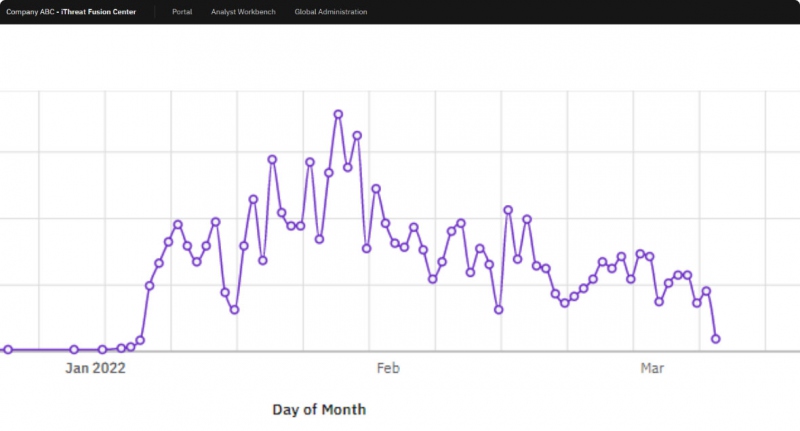A Reddit thread dedicated to popular battle royale game Apex Legends revealed details of multiple unreleased skins and other character modifications. A data miner had purportedly dug through the game’s code, extracting several clues about an upcoming collection and sharing them with the Apex Legends community.
For some fans, such leaks can be exciting breadcrumbs, priming them for what’s coming, but for others, early reveals can spoil the anticipation. For game developers who have put countless hours into making products gamers will love, data dumps can destroy profits and spoil new releases.
So what can be done when top-secret content makes it out into the world too soon?
Video Games are Big Business
Video games are a giant in the entertainment industry. The sector has grown exponentially over the last few decades, generating tens of billions of dollars each year. Video games generated $191 billion in sales in 2021, while some are projecting that figure will reach more than $300 billion by 2027.
An industry that brings in so much revenue is always going to attract its own ecosystem. From dedicated video game websites to live streamers, YouTube commentators, Discord chats, and so much more, the buzz about the industry operates without sleep. Many games have become islands of attention themselves, inspiring hardcore fanbases and sometimes even esports tournaments.
The Rise of Battle Royale
Perhaps one of the most interesting shifts in the industry in recent years has been the rise of free-to-play titles, a trend that has been heavily driven by the battle royale shooter. As well as Apex Legends, there are games such as Fortnite, PUBG: Battlegrounds, and Call of Duty: Warzone – all of which have attracted millions and millions of players by making the price of entry zero.
Instead of charging up front, most battle royale titles make their money by offering in-game micro-transactions. From avatar skins, to new abilities, and victory celebrations, gamers are met with a vast swath of upgrade options. Of course, one can opt to play without making any purchases, but for the trend-conscious teenager, donning your playable character in the hottest new look is a must.
Seasons Maintain Hype
The concept of free-to-play games that generate revenue via micro-transactions is nothing new of course. Ever since Apple and Google launched their respective mobile app stores in 2008, players have been familiar with the concept of starting for free, then opting to pay a few bucks here or there for additional features.
Still, as players become more proficient in a game – or gameplay simply becomes too repetitive – gamers will typically lose interest. For developers of free-to-play titles, waning popularity means fewer opportunities to bring in revenue.
Epic Games launched Fortnite in the summer of 2021. At the time the game did not follow the battle royale style, but Epic Games saw how popular PlayerUnknown’s Battlegrounds (later renamed PUBG: Battlegrounds) had become and decided to retrofit their own title. Soon after, Epic made another shift – it introduced seasons.
The first Fortnite season ran from October 25th, 2017 through December 14th, 2017. During that period many new items were added to the game, and some were removed (“vaulted”). The season proved so popular that, at the time of writing, Epic has introduced an additional 20 since, repeating the model of introducing and shelving add-ons along the way. The net effect of this is of course to keep the game fresh and to ensure players always have new items available to pique their interest.
Many other battle royale titles – including the aforementioned Apex Legends – have adopted the seasons structure. And as each new season approaches, hype builds in the communities that have coalesced around each game. More and more people want to get a glimpse of what’s coming, and there are enterprising figures who will dive through a maze of data to find those secrets.
Monitoring Content Leaks Online
For game studios, trying to stop data miners ruining their upcoming seasons can feel like a full-time job in itself. And in such a time-crunch industry, every minute spent locking down code is a minute not spent polishing a content so it has the best chance of success at launch. That’s where iThreat can help.
With iThreat’s SignalAlert system, game developers, studios, and publishers can keep track of what’s being shared to the web – in real-time. Whether it’s a Reddit thread or even the deep web, iThreat gathers up leaked information as it lands, providing companies the insight they need to quickly take action. Much like a player dropped into a new battle royale environment, iThreat’s mission is to constantly scour the landscape, hunting out the online dialogue that can spoil the fun for everyone.

